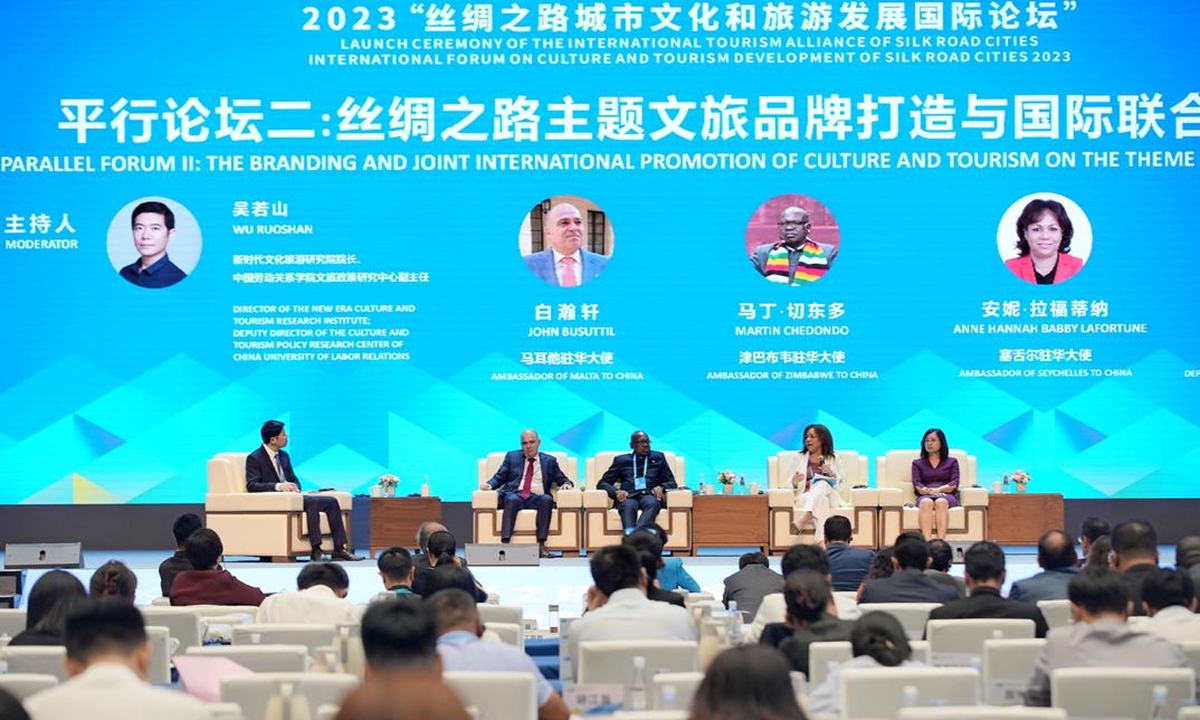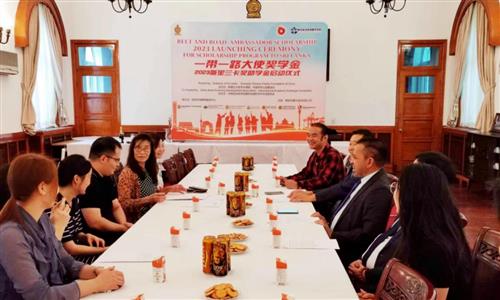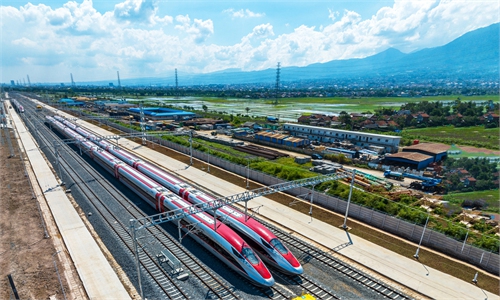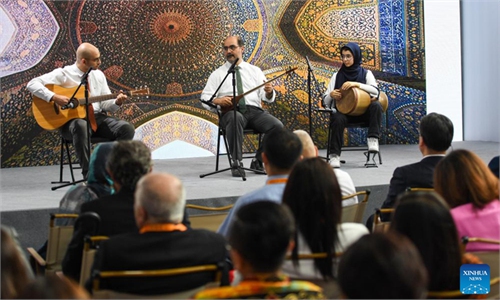ARTS / CULTURE & LEISURE
International cities join alliance in Jingdezhen to boost tourism
Silk Road spirit embraces cooperation, mutual benefits

Photo: Courtesy of International Tourism Alliance of Silk Road Cities
A total of 58 cities from 26 countries have joined the International Tourism Alliance of Silk Road Cities to boost cooperation in tourism, technology, education and sports, according to a forum held in Jingdezhen, China's thousand-year-old ceramic capital in East China's Jiangxi Province.Lu Yingchuan, vice minister of culture and tourism in China, noted during the International Forum on Culture and Tourism Development of Silk Road Cities 2023 that with the establishment of the alliance, China is ready to strengthen exchanges and cooperation in the field of tourism with other countries by putting into practice the Silk Road spirit proposed by China in 2017.
"The timeless Silk Road spirit that embodies 'peace and cooperation, openness and inclusiveness, mutual learning and mutual benefits' is worth inheriting and carrying forward. China is ready to use this alliance as a platform to promote people-to-people and cultural exchanges in various fields such as science and technology, education, health, and sports, and make new contributions to the implementation of the global civilization initiative," noted Lu.
Friday's forum also witnessed the establishment of the Jingdezhen Declaration, which encompasses the principles of "extensive consultation, joint contributions, and shared benefits" and welcomes all countries who recognized the Silk Road spirit.
"The alliance's members are committed to making the body an inclusive international mechanism of tourism cooperation, thus contributing to more sustainable development of the tourism industry and the implementation of the Global Civilization Initiative," said the declaration.
The declaration emphasizes inclusivity, equality and underpinned mutual trust. It is set to enhance communication and coordination and increase mutual tourist visits, as well as focus on a greater development capacity through empowerment and potential realization. It will also adhere to a tourist-oriented approach to make tours more convenient, while valuing integration and synergy and strengthening bonds between people.
The member cities come from 26 countries varying from BRI members from Iran and South Africa to BRICS member Brazil.
"Air China recently announced that direct flights between China and South Africa will be increased. This prosperous air transport between the two countries will become an important bridge for economic, trade, tourism, and cultural exchanges and cooperation. China has always been one of South Africa's most important tourism and trade markets. We should continue to promote in-depth theme tours, customized boutique tours and cultural exchanges," South African Ambassador to China Siyabonga Cwele said.
"Before the pandemic, South Africa received nearly 100,000 Chinese tourists annually. By 2030, the number is expected to increase to 1 million, said Cwele, adding that South Africa's minister of tourism will visit China at the end of 2023 to promote tourism projects.
Former Brazilian minister of tourism Vinicius Lummertz told the Global Times that he has traveled across China several times.
He mentioned that new destinations such as Silk Road cities have been booming considering the increasingly saturated market for traditional tourism destinations.
"Traditional tourist destinations are facing market saturation, and tourists are increasingly on the lookout for different tourist destinations that can bring new travel experiences. This market change has directly created opportunities for new global tourist cities to penetrate the Eurasian continent. In the future, new global tourism routes such as Silk Road cities are expected to become connected," said Lummertz.
Jingdezhen, a tiny city in Jiangxi, has long been linked with the production of fine ceramics.
It is known as China's "porcelain capital" due to its significant role in the domestic and international ceramic industry for over 1,800 years. Due to its status as an official and royal kiln, it developed porcelain-making techniques that set it apart from other kilns.
According to the provincial government's plan, Jingdezhen will become a ceramic culture inheritance and innovation pilot zone that will not only highlight the development of ceramic culture, but also emphasize ceramic culture tourism and ceramic culture exchange and cooperation.
"Being an international well-known ceramic region and an important source of goods along the ancient Marine Silk Road, Jingdezhen has been an indispensable bridge connecting civilizations worldwide.
"We hope that such a move [the establishment of the alliance] will better integrate Jingdezhen into the Belt and Road Initiative," said Liu Feng, secretary of the Jingdezhen Municipal Committee of the Communist Party of China.



